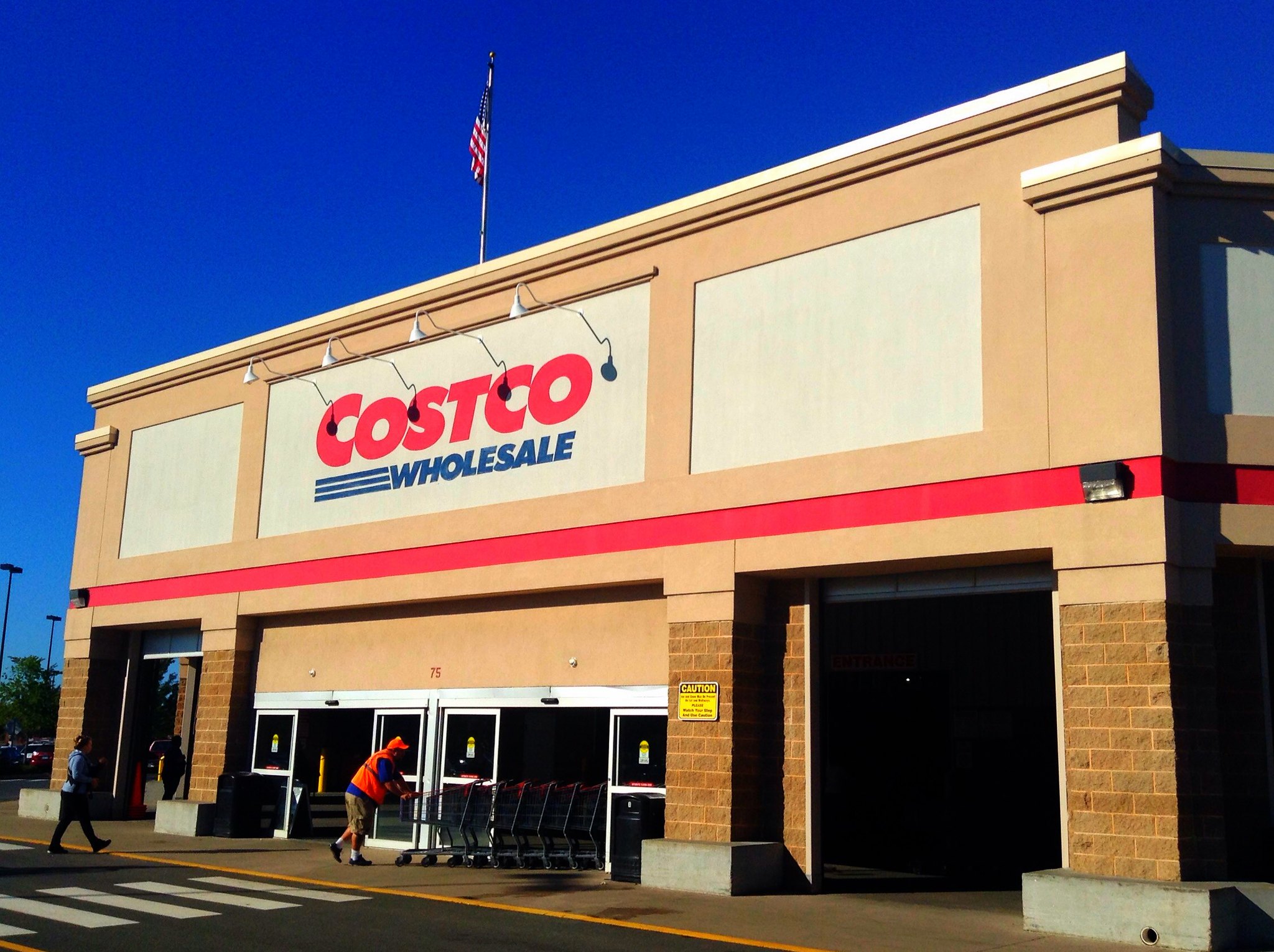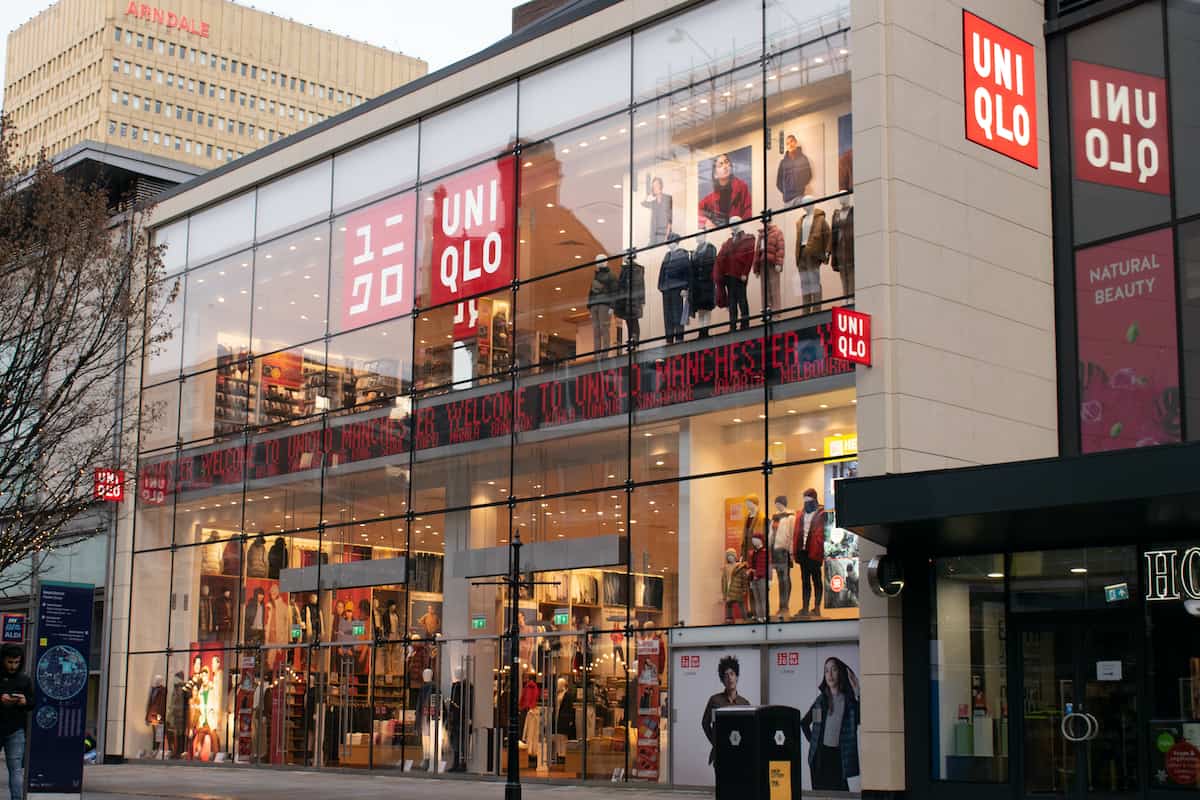Morrisons this week hailed the success of its transformation programme as it reported growing sales and profits in its half-year results.
We took a look at what the supermarket, ranked Top100 in IRUK Top500 research, said about its multichannel strategy, as it reported turnover of £8.4m in the half-year to July 30, 4.8% up on the same time last year, and pre-tax profits of £200m, 39.9% up on last time. Like-for-like sales, which strip out the effect of store openings and closures, were 3% ahead.
Chief executive David Potts said: “A new Morrisons is beginning to take shape. The capability of the team continues to improve and we are making strong headway with our plans to fix, rebuild and grow. Our supermarkets continue their focus on improving the customer shopping trip and, in wholesale supply, we are beginning to realise some of the opportunities that our unique team of food makers and shopkeepers bring us.”
The strategy
Morrisons aims to be both more competitive and more local for customers – working with a largely British supply chain to cut costs and offer regional foods – while serving them better. It said that sales of local suppliers’ products were up almost 30% year-on-year, and is also working to develop popular and useful services such as free wi-fi and expanding petrol forecourt kiosks to convenience store size.
Its strategic aims also include improving core supermarkets through the introduction of new formats and layout improvements, and simplifying and speeding up the organisation.
Multichannel expansion
The retailer said its new pick-from-store capabilities had enabled it to extend its online shopping service into the North East. It plans to expand this to other areas in due course. The online shopping service is also now offering “thousands” of general merchandise products for next-day delivery to customers along with their Morrisons online grocery shop.
Other online services include a new flowers website, with fresh bouquets for free next day delivery to customers anywhere in Britain, and a new online and in-store ‘Food to Order’ service that allows customers to pre-order for parties and special events.
The retailer generated an extra £14m in “incremental profit” from areas including online sales and and wholesale, taking its total to £32m. It now aims to increase its incremental profit to between £75m and £125m, from its previous target of £50m to £100m. Wholesale supply sales, which include supplying the expanding Amazon Fresh online shopping service as well as its recent agreement to supply Safeway brand products to McColl’s convenience stores, are expected to reach £1bn. “Along with existing partners, Amazon, Ocado, Rontec and Timpson, we are beginning to make Morrisons more accessible in a capital-light way,” it said.
Amazon lockers are now in 400 of its stores, and it is also working with other parcel pick-up services.
The Customer
Morrisons said that “listening hard” to its customers was enabling it to respond to a challenging retail environment, where factors include the implications of Brexit, and the impact of a lower-value sterling on inflation.
Investment in improving the customer shopping trip, it said, comes from savings in areas such as automated ordering in stores, in-store administration (including automating the process of reducing prices, and the introduction of a price-checking app) and distribution between manufacturing and retail. Customer satisfaction continues to improve rising by 5% in the first half of the year and by 12% since the start of 2015/16.
The supermarket also learns from data generated by its More card to improve local marketing, and from what its local customers and staff say to improve local stores.
Logistics
The retailer is introducing more automation into its warehouse management system, and says it expects this to improve forecasting and demand planning. During the first half it also sold its customer fulfilment centre in Dordon for £92.3m, although it continues to be operated by Ocado for both Morrisons and Ocado online home delivery.









